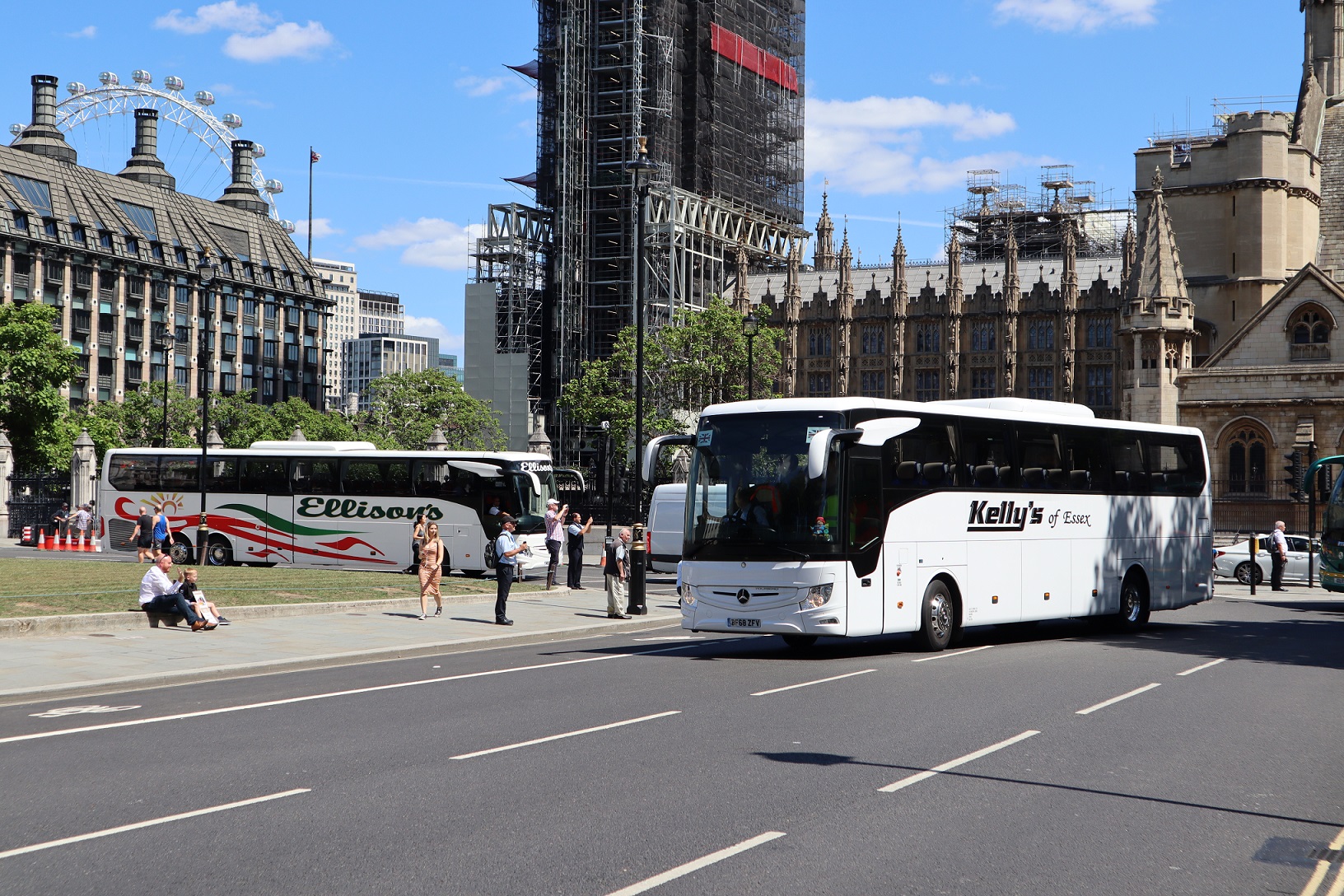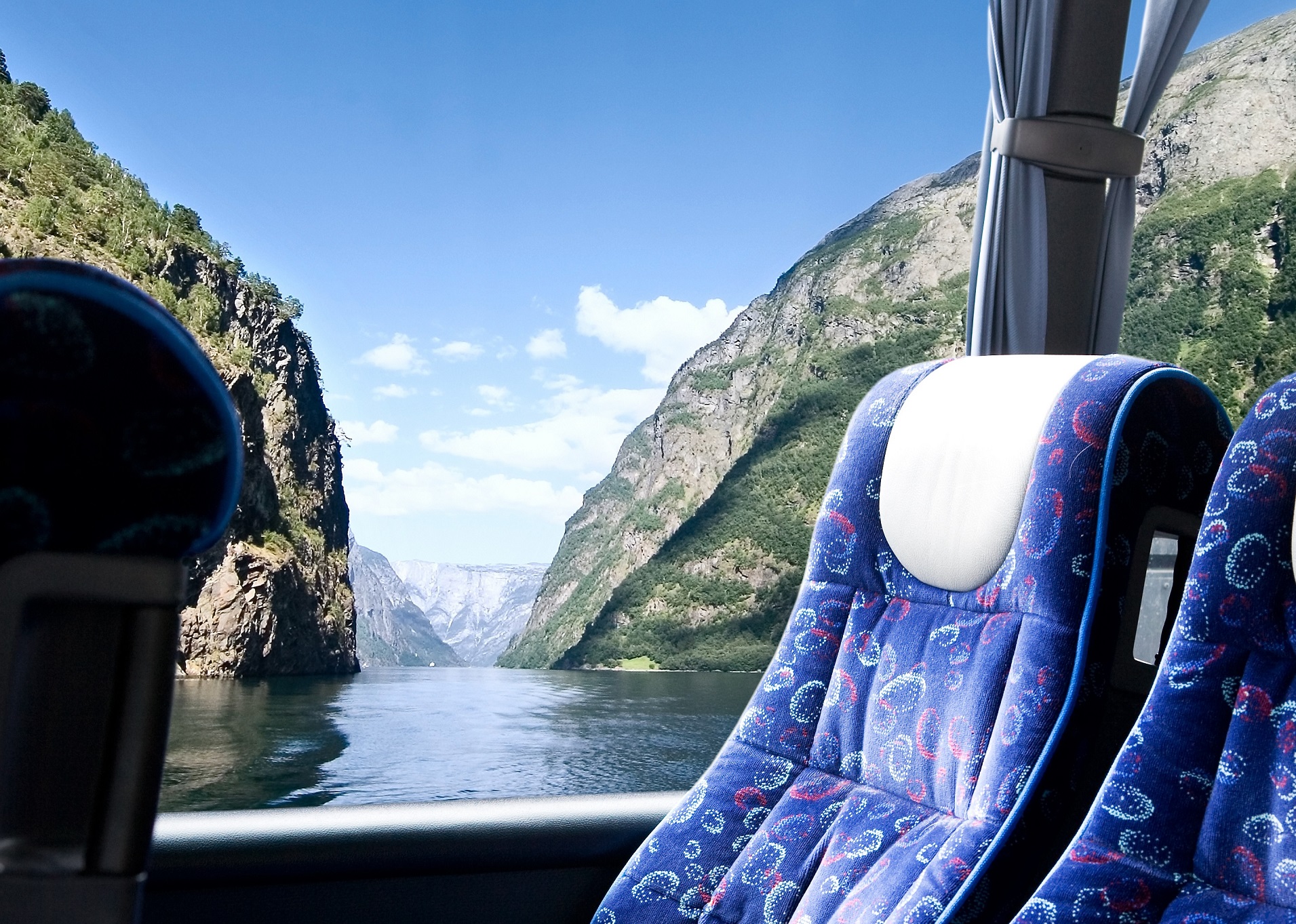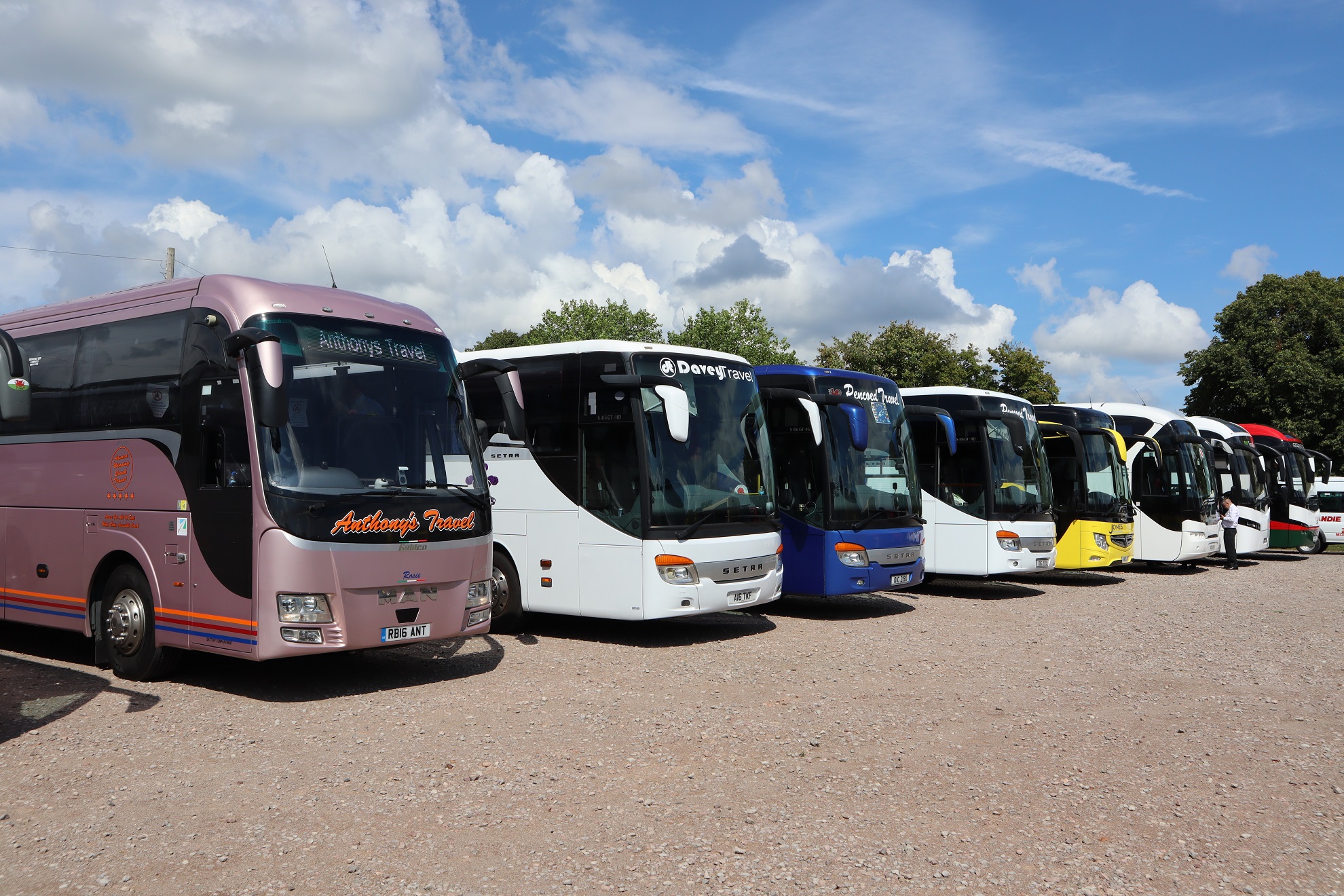RHA has published what it says is a manifesto for the coach industry. The document was released on 12 May to mark the start of National Coach Week.
The manifesto precedes a meeting between RHA coach operator members and politicians at Portcullis House in Westminster on Monday 15 May. It calls upon elected representatives across the country to support the industry and majors on a ‘Think Co.A.C.H.E.S’ theme to highlight six key issues.
On costs and regulations, the manifesto asks for “targeted support” to ease financial pressures both generally and in preparation for greater compliance with PSVAR. Assistance with the latter will ensure “that anyone can travel on a coach without overburdening the industry with regulations that significantly increase costs,” the document states.
Reform of driving hours regulations to better reflect working patterns of coach drivers is also vital, the manifesto continues. That is understood to be based on proposals put to the European Commission by three bodies including the International Road Transport Union earlier in 2023 that seek change for coach drivers engaged on tourism work.
On matters abroad, RHA highlights difficulties at Dover and a reduction in coach capacity on Eurotunnel, along with the pending EU Entry/Exit System. It wants ministers to work with the EU and introduce “pre-registration and online documentation” to accelerate border crossings.
For conditions, the government is asked to consider coaches’ needs in infrastructure projects and in cities and tourist areas. “Barriers to building rest stops and passenger drop-off zones must be lowered,” the manifesto states.
Surrounding highways, RHA wants to see more investment in road infrastructure including better facilities, port and border infrastructure, parking, and what it terms “forward thinking technologies [that] support the transition to a low-carbon economy.” Consideration for coach traffic must form part of the design and planning for new roads, the manifesto continues.
Environment is the fifth aspect of RHA’s policy call. Emission control zones “unfairly discriminate” against coaches, it says. Exhaust retrofit is not cost-effective, while current policy intentions cannot be supported by the new coach market in its current state.
Alternative fuels such as HVO should be supported and action is required to stimulate the development of zero-emission coaches. On that topic, RHA wants the government to work with operators and the industry on the development of a zero-emission coach roadmap that the trade body says would spare operators the burden of complying with emission control zones.
The sixth part of the manifesto relates to skills. A worsening skills shortage is the most serious issue facing the coach industry through changing work patterns and a reluctance among young people to consider coach as a career choice.
Because of that, RHA is calling for more flexible training – including for non-driving roles – and a ‘skills bootcamp’ approach to category D licence acquisition. In addition, the 50km restriction on the youngest drivers would be removed under the manifesto. That would open coach driving up as a career for school leavers.
As multiple operators have already highlighted, the present limit constrains their ability to utilise young coach drivers until they are free from the restriction.
“Coaches occupy a unique position in the transport sector,” the manifesto reads. “It is the only mode that can transport large numbers of people point-to-point without significant additional infrastructure investments.
“But despite its importance, the coach industry faces real challenges that threaten is future. Now is the time for government to act and support this vital industry by implementing this manifesto.”
View the manifesto in full here.



























